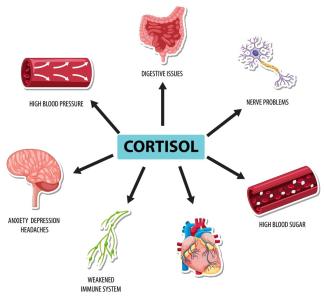
Helicobacter pylori (H. pylori) is a type of bacteria that can infect the stomach and the upper part of the small intestine. It is a common cause of various gastrointestinal problems, including peptic ulcers and gastritis. To diagnose H. pylori infection, several tests are available. These tests can be classified into non-invasive and invasive methods. Here are some common tests used to detect H. pylori:
Non-Invasive Tests:
- Stool Antigen Test: This test involves collecting a stool sample and checking it for H. pylori antigens, which are substances produced by the bacteria. This is a non-invasive and relatively accurate test.
- Breath Test (Urea Breath Test): In this test, the patient drinks a solution containing a specific type of urea. If H. pylori is present, it will break down the urea, releasing carbon dioxide. The patient then breathes into a special bag, and the exhaled air is tested for the presence of carbon dioxide, indicating H. pylori infection.
- Blood Antibody Test: This test checks for antibodies in the blood that the body has produced in response to an H. pylori infection. However, this test cannot distinguish between current and past infections.
Invasive Tests:
- Endoscopy (Upper Gastrointestinal Endoscopy): An endoscopy is an invasive procedure in which a flexible tube with a camera is inserted through the mouth and into the stomach. During the procedure, a biopsy can be taken from the stomach lining to check for the presence of H. pylori.
- Gastric Biopsy: During an endoscopy, small samples of the stomach lining (biopsies) can be collected, and these samples are then examined under a microscope for the presence of H. pylori bacteria.
The choice of test may depend on various factors, including the patient's medical history, symptoms, and the availability of specific tests in the healthcare facility. Your healthcare provider will recommend the most appropriate test based on your individual circumstances.
If you suspect an H. pylori infection, it's essential to consult a healthcare professional for proper evaluation and testing, as this bacterium can cause various digestive problems and may require treatment with antibiotics if detected.






